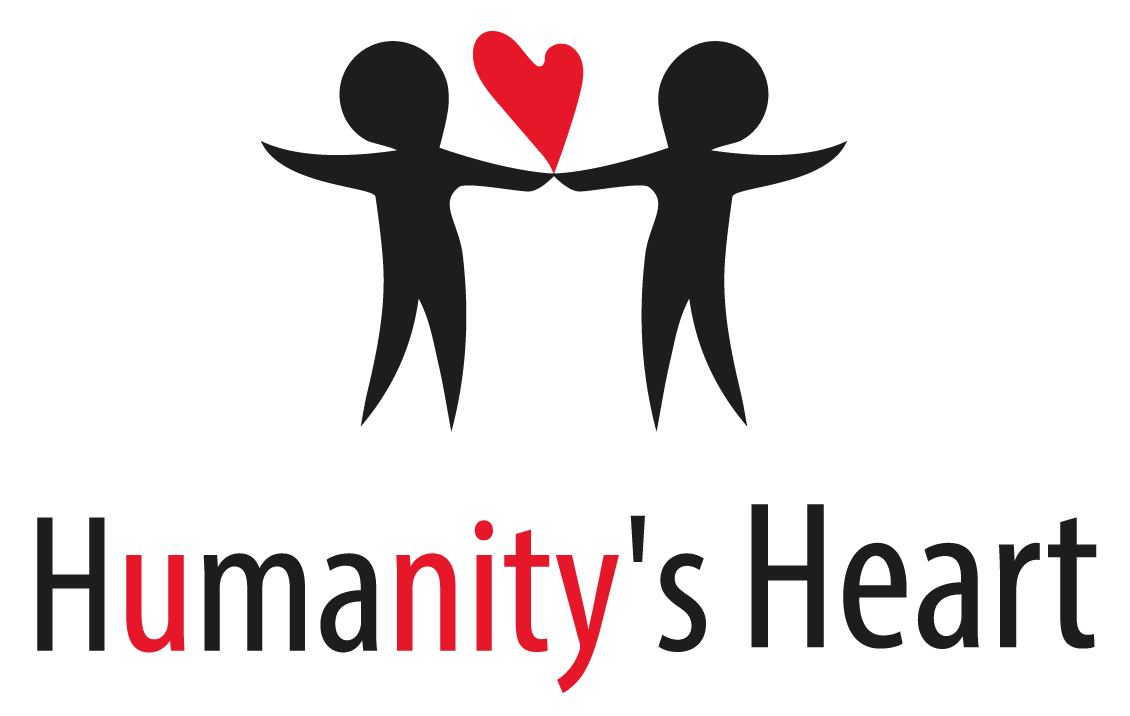By Alexander McHugh from Recycle Beirut
More than six million Syrian refugees reside in Lebanon, Jordan, and Turkey. After five years of war, they are left with few choices: unable to return to Syria, they receive minimal to no financial assistance from donor organisations, and Western states in Europe and America have refused to resettle even ten percent of them. The result is that these refugees, the vast majority women and children, are forced into the informal economy with wages so low they are comparable to slavery.
They need jobs, not cash for work schemes, but permanent jobs that won’t compete with the local labour market. And as they have lost everything in Syria – their homes, their possessions, their loved ones - they need a purpose to keep going.
Since the summer of 2015 Lebanon has endured a prolonged waste crisis with widespread civil unrest and garbage piling up in rivers, valleys, and coastal areas. Open burning – which is catastrophic to human health – has become the norm in many communities. Recycle Beirut is merging these two problems – the waste crisis and the refugee crisis – into a solution.
We employ 17 refugees, nearly half of them women, to pickup, sort, and process Beirut’s recyclables. Residents can sign up on our website, recyclebeirut.com, to have their recyclables collected from their door.
Recycling is one of the world’s largest industries employing about 1% of the global workforce. And as most recycling still finds its way to landfills the potential for growth is significant. Lebanon’s recycling industry is capable of scaling up to the size of the construction industry, employing hundreds of thousands of refugees – with the only difference being that most of these jobs will be for women.
At Recycle Beirut these jobs come with privileges and responsibilities. The workers are provided a living wage, basic health insurance, and social supports. Much like conditional cash assistance programs like Mexico’s Oportunidades, they are also required to keep their children in school and out of the workforce.
While the benefits to refugees are significant, the benefits for the host country are even greater. Despite much rhetoric to the contrary, low skilled immigrants are a boon to America. Each low skilled immigrant admitted into the United States creates 4 jobs for Americans, and 40% of all Fortune 500 companies were founded by immigrants or their children.
Alongside trade, immigration is the single biggest driver of economic growth. Economists have characterized immigration as “a trillion dollar bill laying on the sidewalk waiting for the first country to pick it up.” Recycling has the potential to create tens of thousands of jobs for Lebanese, Jordanians, and Turkish in high paying fields as varied as law, design, engineering, web development, transportation, logistics, and real estate.
There is another reason to support such a plan. Tensions between host communities and refugee populations can range from resentment to full blown war. The influx of displaced Rwandans into neighboring Zaire set off the Second Congolese Civil War, the deadliest conflict in modern African history with more than five million casualties.
On average, more than fifty percent of a refugee population will remain in the host country fifteen years after a war has ended. So in the best of cases, refugees sink into a permanent underclass: poor, lacking in legal protections and vulnerable to crime and extremism.
However, if integrated properly into host communities refugees can have the reverse effect. Our most liked Facebook post showed one of our employees, Abbas, picking up recyclables from households. These images and actions can go a long way toward changing public attitudes toward refugees and building cooperation and stability.




